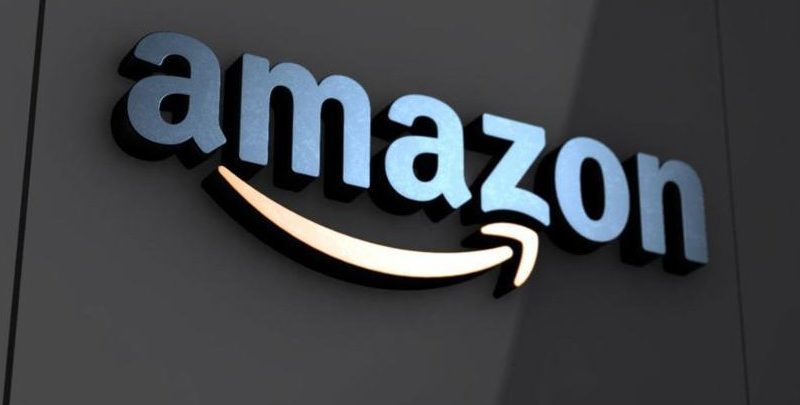Amazon, in an announcement on its website, has promulgated that it is stopping Cash On Delivery (COD) as a viable means of payment to stop the spread of the deadly coronavirus.
This decision has been undertaken to promote cashless and contactless deliveries, especially during the 21 days lockdown period in the country, during which the online retailer will just offer essentials such as groceries and health related products on its website.
“New ordering is available only on essential products through pre-paid payment methods,” the online retailer said on its website.
This move has been taken, with the idea of minimal contact in mind. The goal is to stop the in-person transaction between the delivery executives and end customers, which will not only provide a safer environment for transactions, but also bring the pace of deliveries up, easing up the entire process. Another benefit of online transactions is the simplified logistics process, which is the dire need of hour, as companies are finding the process very difficult due to most employees being on leave or working from their homes.
Experts are also considering this as an opportunity to make a shift to online transactions, especially in a country like India which still heavily relies on cash.
Amazon is not the first company in India to promote cashless, no contact deliveries, as other companies, especially those in the food business like Swiggy and Zomato, have been preaching the idea from a long while now. However, the effect of the virus is still heavy on these companies. Both Swiggy and Zomato saw a 60% decline in orders amid the virus.
Amazon announced on March 24 that it will stop the delivery of all non essential items in the country, to dedicate all its efforts to providing high priority stuff. The announcement was made in a tweet by Amit Agarwal, which read,”To serve our customers’ most urgent needs while also ensuring safety of our associates, we are prioritizing (with immediate effect) all our resources to serve products that are currently high priority. Stay safe!”





